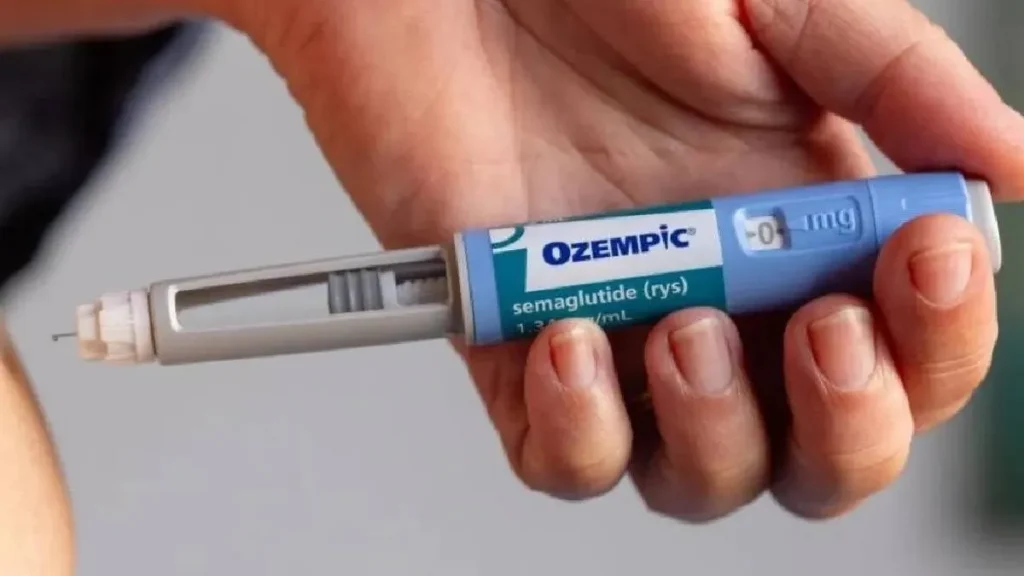With millions of diabetes and obesity patients, China is preparing to produce more affordable versions of Ozempic and Wegovy.
In just a few months, the global landscape of diabetes and obesity medications could take a decisive turn.
The reason lies in China, where the patent for semaglutide —the active ingredient in drugs such as Ozempic and Wegovy from the pharmaceutical company Novo Nordisk —will expire in March 2026, paving the way for competition that promises to transform access to these treatments.
While patent protection will remain in place in the United States and Europe until 2031-2032, in China, the early expiration opens the door to a market with growing demand.
According to the consulting firm GlobalData, local companies are already investing aggressively in production capacity and regulatory processes to take advantage of the multi-billion-dollar semaglutide business.
Nadim Anwer, an analyst at the firm, warned that the expiration will expand access to GLP-1 therapies, reduce costs, and give domestic manufacturers an advantage over international pharmaceutical giants.
The health context in China
The interest is not insignificant: the Asian country is facing a sustained increase in diabetes and obesity, resulting from accelerated urbanization, dietary changes, and a sedentary lifestyle. Semaglutide‘s proven efficacy in controlling both diseases makes this drug a key element of public health policies.
Local companies are already taking the lead.d
The transition won’t be from scratch. Companies like Jiangsu Sinopep-Allsino Biopharmaceutical and Hybio Pharmaceutical have already established a presence in the international market, supplying active ingredients for more than one billion doses of weight-loss treatments sold in the United States. Now, these same companies are looking to launch their own generics of Wegovy.
Other Chinese pharmaceutical companies, including Hanxin Pharmaceutical and Fujian Genohope Biotech, are also joining the list, preparing to enter the sector with the hope of shifting their dependence on imported products.
Impact beyond China
Recent experience shows that cheap copies of drugs like Wegovy and Zepbound (from Eli Lilly) were in high demand in the United States before facing regulatory restrictions. That episode slowed shipments of raw materials from China, but also demonstrated the local industry’s ability to influence global markets.
If the Chinese strategy is realized, it is anticipated:
- Increased competition in the GLP-1 therapy market.
- Significant price reduction that would facilitate access for local patients.
A more dynamic international landscape, where Asian manufacturers compete with European and American pharmaceutical companies.
The expiration of patents in China not only represents an opportunity for the domestic industry but also a potential turning point in the global healthcare economy.

